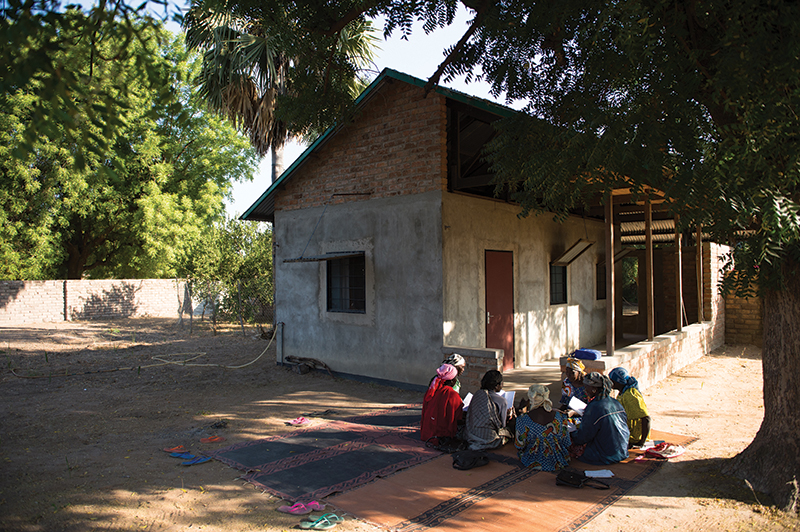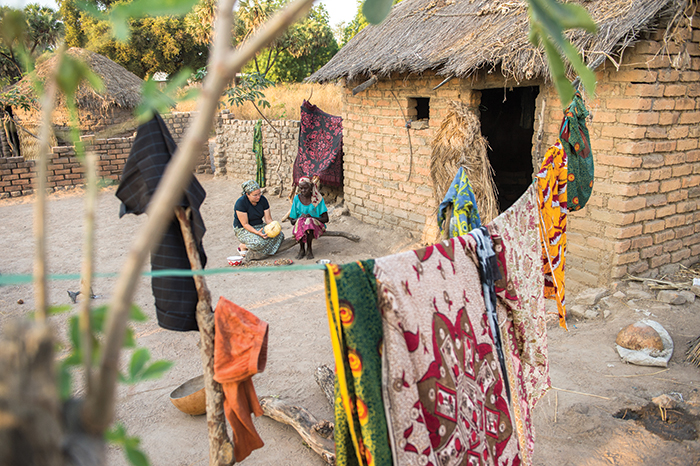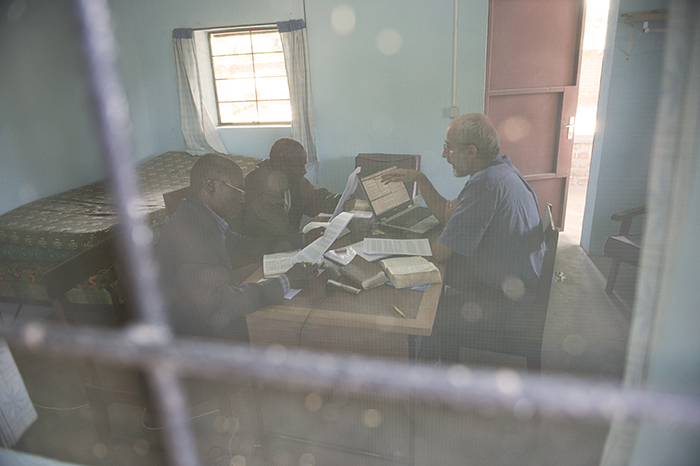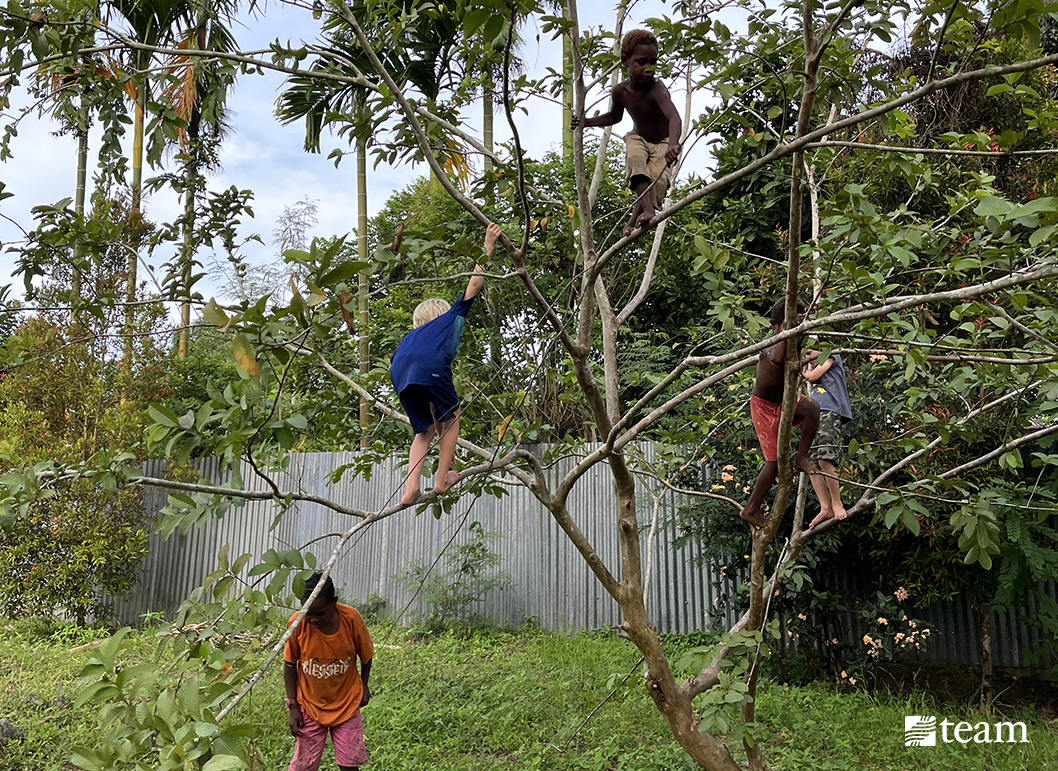
Ministry Updates
60 Years Without the Bible
July 20, 2017
by admin

“Come, follow Me, and I will make you killers of men.” (Matthew 4:19)
No, that isn’t an excerpt from a new zombie-themed version of the Bible. But it was — ever so briefly — part of a (unpublished) Kwong translation of the Book of Matthew.
“They don’t have a particular word for ‘fishing’ in [Kwong], so they just say, ‘I’m going to go kill fish,’” explains Mark Vanderkooi, a TEAM missionary to the Kwong people of Chad.
In over 25 years of translation work, Mark and his wife, Diane, have repeatedly learned that creating a literal Bible translation is much easier said than done.
The language structure is very different, and it has almost no abstract nouns, such as “patience” or “faith.” Instead, they create expressions with human body parts to convey these ideas. For example, “patience” is “taking your head,” and “faith” is “putting your chest.”
As two of three non-native Kwong speakers in the world, the Vanderkoois rely entirely on the Kwong people themselves to find the right words.
The work is painfully slow. Learning the intricacies of one word can take years of effort. And yet, each day is filled with great urgency.
After all, the Kwong church has waited 60 years for a Bible in its language. And when the Vanderkoois retire, there may not be another translation effort for another 50 years — or more.
They Didn’t Know to Give Up Their Gods

As the Bible is translated into their language for the first time, the Kwong people are facing hard, yet life-transforming truths. Photo by TEAM
“The kids in your junior high Sunday school class … can probably run theological circles around many of the pastors and elders in a lot of these little churches,” Mark says.
The first Kwong churches were started in the late 1950s. Since then, pastors have struggled to teach from Bible translations in other languages that they barely understand — and illiterate parishioners have struggled to understand them at all.
Without clear guidance, syncretism is a constant temptation.
“They struggle with whether God is stronger or … the little gods of their forefathers are stronger,” Mark says. “And it’s a lot of the same issues that people of the Old Testament in Israel struggled with.”
Bibi*, a pastor’s wife, didn’t know appeasing spirits was wrong until she attended a Bible study led by Diane.
Unbeknownst to Diane, Bibi had been desperately trying her family’s rituals to get healing for her daughter. But after Diane taught about putting our full faith in God, Bibi decided to give it a try.
“Her daughter got well, believe it or not, and she came back just praising God and amazed at what God can do,” Diane says.
As the Vanderkoois enter their last decade of service, they are carefully considering what books of the Bible are most likely to provide similar revelations.
“We pray all the time … that the Gospel will change their whole way of being,” Diane says.
Picking Strategic Books of the Bible

Even after decades of speaking the Kwong language, the Vanderkoois still rely on the Kwong people to find the right words. Photo by TEAM
Now in their 50s, the Vanderkoois know they won’t finish the whole Bible before they retire.
It’s taken them 25 years to translate a little over half of the New Testament, as well as Genesis and a third of the Psalms. They have to be strategic with their time left.
In 2017, they opened the first Kwong Bible school to train a new generation of pastors, which pushed Romans to the top of their list. (“It’s pretty hard … to study New Testament theology without the book of Romans,” Mark says.)
After that, they hope to finish the New Testament and the Psalms, as well as Deuteronomy and Isaiah — books that can speak to the Kwongs’ struggle to leave former gods.
But the Vanderkoois aren’t naïve. They know they could easily be driven out by illness or even a civil war.
“We would like people to pray that the Lord grants us the favor to finish well,” Mark says.
And as they finish, Mark and Diane will continue to pray that God transforms lives and makes the Kwong people fishers of men.
*Name changed

